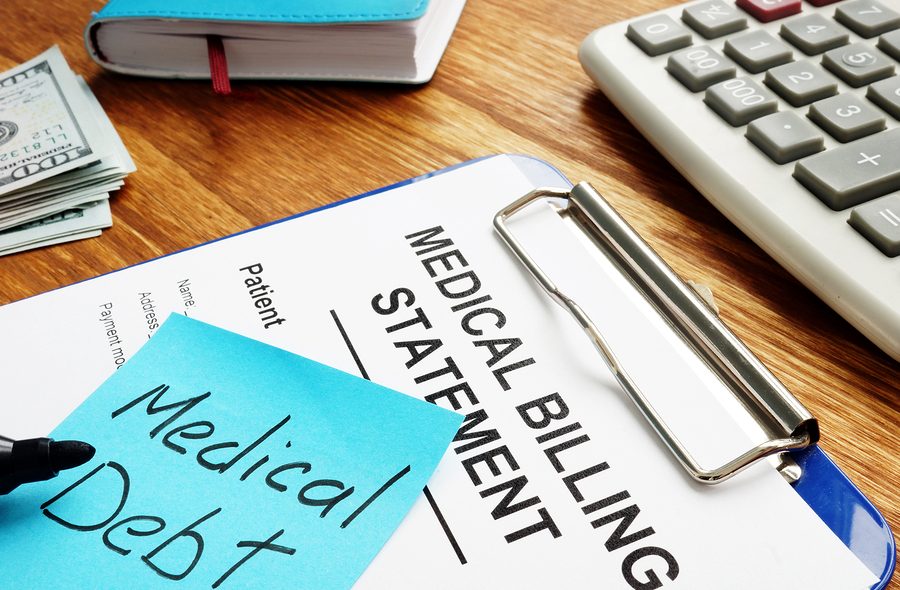It is always recommended that you review your credit report periodically to ensure that no errors exist in your credit history. If you do discover a discrepancy or error on your report, it is recommended you contact the credit agency to have the problem fixed. For the most part, after this is done, you expect the error to disappear and not create any problems in the future. What if that does not happen? That scenario was the case for thousands of American consumers who later discovered that what they thought was fixed came to haunt them at a later date.
Thousands of Americans have been fighting legal battles related to errors found in credit reports by all three of the nation’s largest credit reporting agencies, Equifax, Experian and TransUnion. Not only are these individuals fighting legal battles, but they are feeling the effects on their credit scores. Credit errors can also lead to mistaken identity if one person who has excellent credit happens to be mixed up with someone who does not. For some, these errors have caused their credit scores to tank so much that they have lost the ability to be considered to rent an apartment or for a job. By the time the error is fixed, it is often too little too late for that person. The job may already be filled at that point or apartment rented.
It is estimated that in the past three years, more than 4,000 federal lawsuits have been filed against Equifax by litigants who claim that the credit reporting agency failed to follow federal law with respect to fair credit reporting. Other cases were filed locally via state court. According to the Consumer Financial Protection Bureau (CFPB), 175,000 complaints were filed with the CFPB between 2015 and 2017 regarding credit report errors. Of these complaints, 65 percent of those filed in 2017 had to do with information that was incorrect.
Some of these errors can occur when people who have similar names, addresses or even Social Security numbers are mixed up. One way or another, their files cross paths, causing information to be mixed up and incorrect.
However, one major problem has to do with how much credit bureaus can get away with when it comes to accountability. It can be extremely easy for them to avoid a full and comprehensive review.
In response to many of these court filings, Equifax has argued that it has procedures in place to ensure that their reports are accurate. They dispute any responsibility and say that banks and credit card companies that provide this information to Equifax are the entities who should be held responsible. Attorneys representing the consumers involved insist that these errors are mostly the fault of the credit reporting agencies, especially when it comes to consumers being mixed up if their names or information is close or similar. Many times, these agencies do not require information used to sort consumers to be an exact match which can lead to these problems.
This problem is not a new one by any means. In 1992, Equifax came under fire after attorneys general in 18 states claimed that mixed consumer files caused damages these individuals. At the time, Equifax told regulators that they would put procedures in place to detect these errors when they occur. However, whether these procedures were actually effective is debatable.
The Federal Trade Commission (FTC) claims that one in every five American consumers has an error on their credit reports. Many of these errors go undetected by consumers.
Please click here to read more.
If you have questions on this topic or are in financial crisis and considering filing for bankruptcy, contact an experienced Miami bankruptcy attorney who can advise you of all of your options. As an experienced CPA as well as a proven bankruptcy lawyer, Timothy Kingcade knows how to help clients take full advantage of the bankruptcy laws to protect their assets and get successful results. Since 1996 Kingcade Garcia McMaken has been helping people from all walks of life build a better tomorrow. Our attorneys’ help thousands of people every year take advantage of their rights under bankruptcy protection to restart, rebuild and recover. The day you hire our firm, we will contact your creditors to stop the harassment. You can also find useful consumer information on the Kingcade Garcia McMaken website at www.miamibankruptcy.com.


